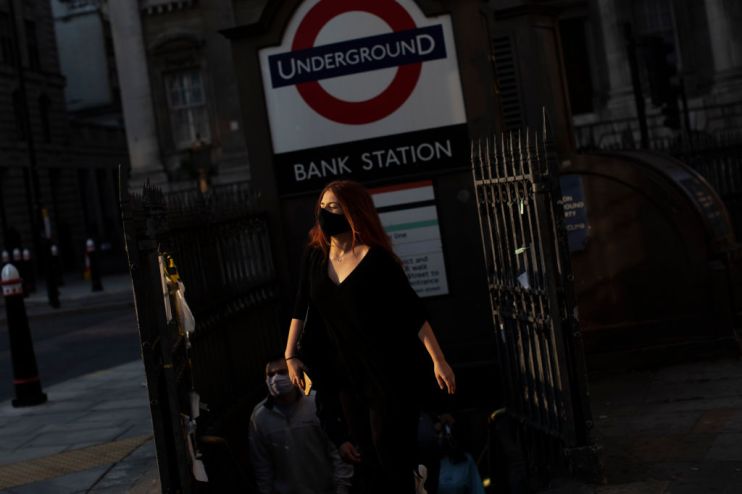Generational divide: Millennials are taking charge, how are they changing capitalism?

As we emerge into spring and begin to see normality return, spare a thought for those who celebrated their 40th birthdays in lockdown. Talking about Millennials tends to conjure images of youth, 20-something-year-olds with avocado toast. The reality is that the oldest of the cohort, those born in 1981, are now turning 40. While that may appear to be a mildly interesting observation of limited consequence, the rise of the middle-aged millennial is already transforming how we do business.
We are witnessing a new generation begin to take the helm.
This generational shift coincides with a moment when the pandemic has fundamentally altered attitudes and expectations of business. A shift towards a more conscious capitalism was already underway pre-Covid, with BlackRock’s Larry Fink calling for companies to better articulate their purpose as early as 2018. But now, with Millennials increasingly in charge and Gen Z entering the workplace for the first time, the goalposts have changed again and are becoming more entrenched.
The trend is clear, we are moving towards a more inclusive and stakeholder-oriented form of business. Millennials’ working lives have been marked by the fallout of the financial crisis; they have seen financial capitalism fail in a catastrophic way and been forced to live with the consequences. They are not wedded to a fundamentalist version of the free market in the same way as their parents, whose formative experience was the Cold War and a contest that pitted the freedom of the market against the repression of the State.
Our Gen X Prime Minister misjudged the mood when he recently invoked a Cold War era Gordon Gekko archetype of equating capitalism and “greed”, and attributing Britain’s vaccine rollout to the success of that system.
The behaviour of the pharmaceutical giants who delivered the life-changing vaccine tells a different story. AstraZeneca made clear that it would not treat the pandemic as a commercial opportunity and opted to deliver the vaccine on a not-for-profit basis through the crisis. They are banking on a different kind of success: by lifting everyone up and acting in the public interest, they themselves will be lifted up.
More broadly, the attitudes revealed here are instructive for the future direction of the City as it positions itself post-Brexit. Singapore-upon-Thames may look attractive now. But it won’t age well in a decade’s time when economic and policy decision-making has shifted towards the priorities of a generation with a different point of view.
Research undertaken by Purpose Union indicates that Millennials and Gen Z expect businesses to deliver far more than simply returns to shareholders. Two thirds want to work for an organisation that actively promotes diversity and inclusion. Nearly three fifths, 58 per cent, support binding quotas to achieve targets on race and gender. And six in ten want to see employers make clear commitments such as linking executive pay to positive outcomes on diversity. They also want to see a greener form of business, with the same proportion backing new regulations to curb corporate carbon emissions.
Given this apparent appetite for regulation, there is an opportunity for forward-thinking businesses. It shouldn’t take an employee stand-off to recognise that 100 hour work weeks will no longer be acceptable in this evolving milieu of social responsibility. Early, disappointing trading results from Deliveroo’s high profile IPO show investors’ hesitancy to buy into companies with a shaky record on self-employed contractors. Businesses should be proactively engaging with the issues which animate Millennials and Gen Z.
For the past year, Millennials and Gen Z have watched the world operate according to different rules. They show little appetite for returning to the status quo.
They won’t be placated by platitudinous commitments to ‘build back better’. They will demand real change from businesses and they will exercise their voice as consumers and employees to get their way. Those calls will reverberate and if businesses don’t respond directly, smart investors and politicians will. In any case, it will increasingly be Millennials calling the shots themselves.
